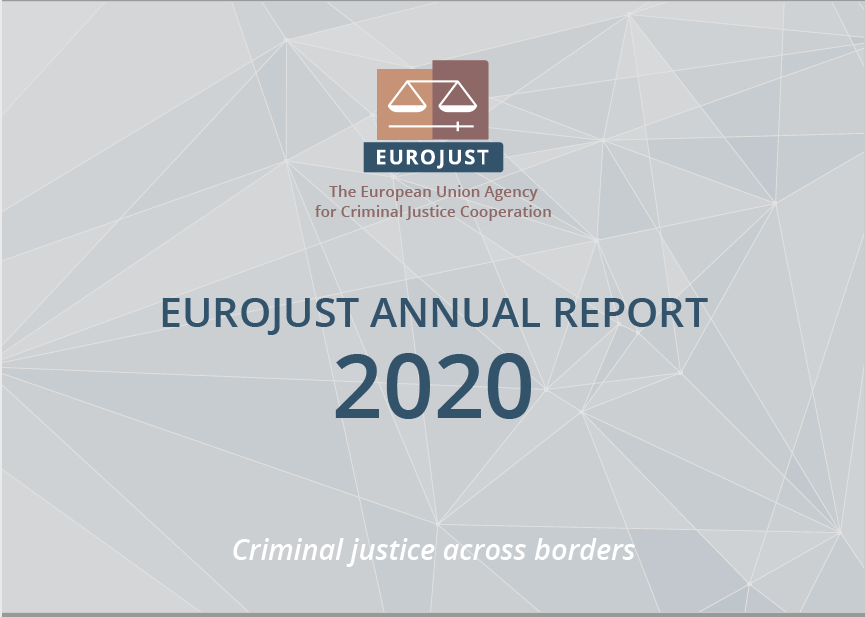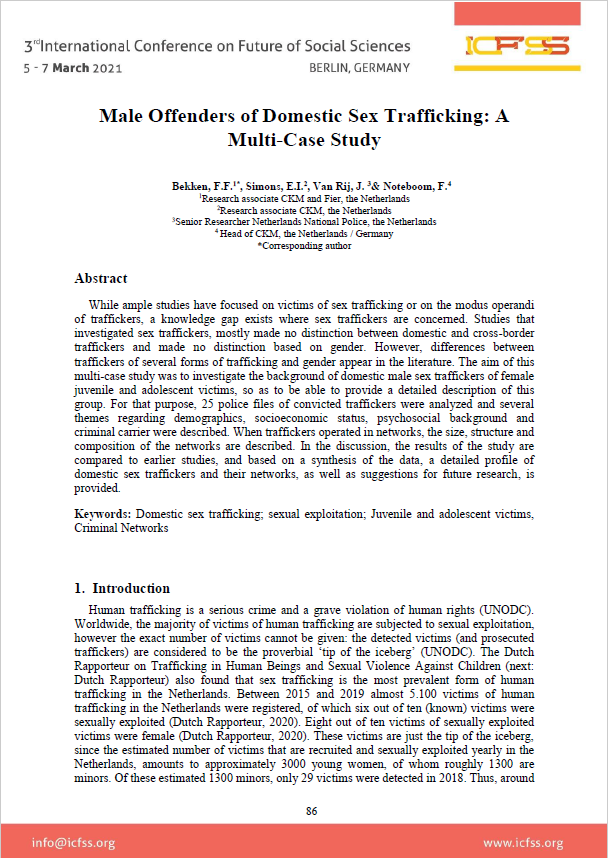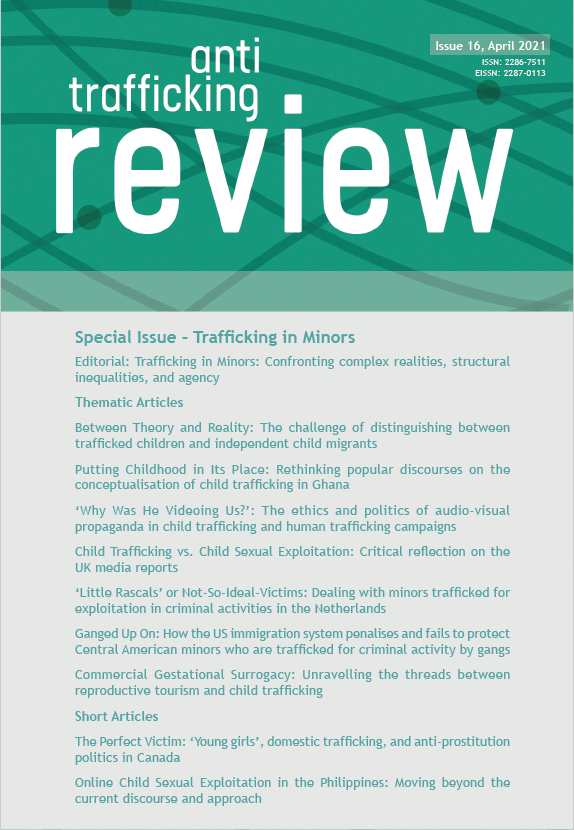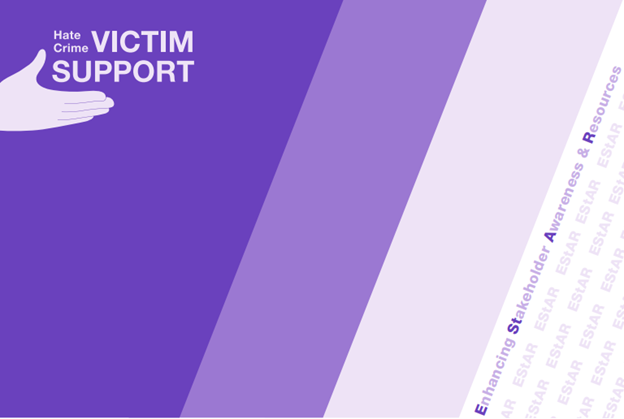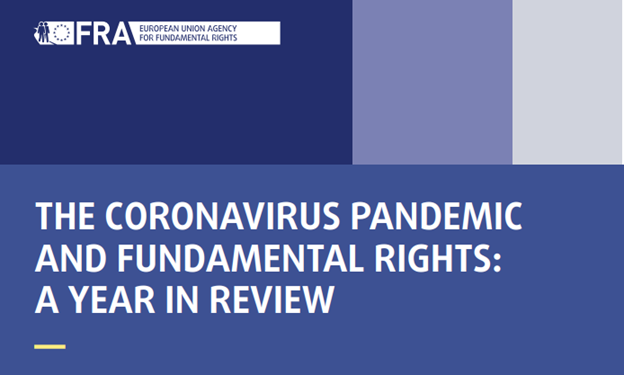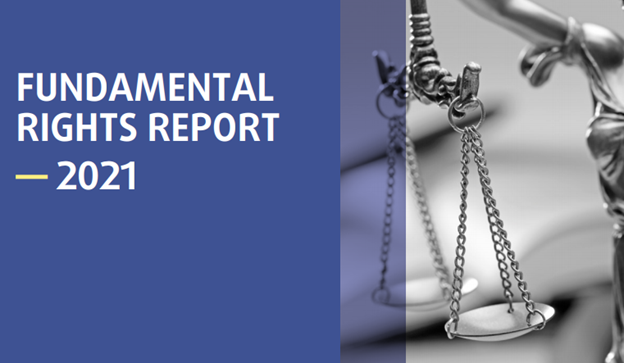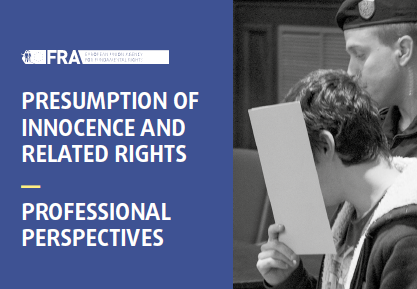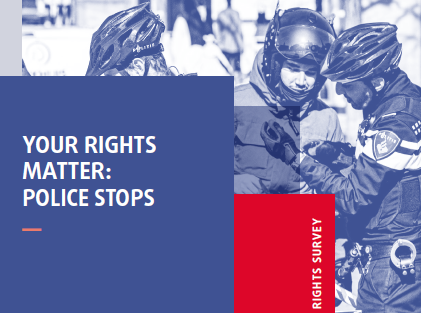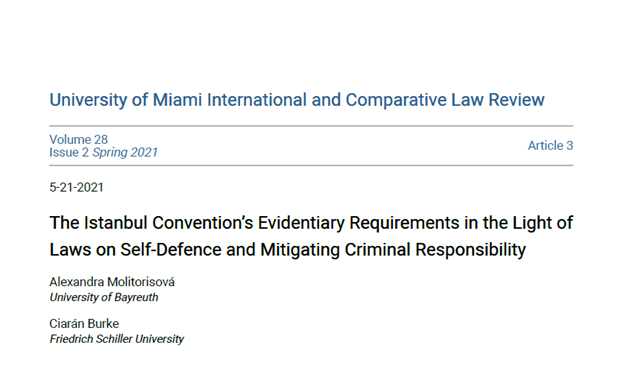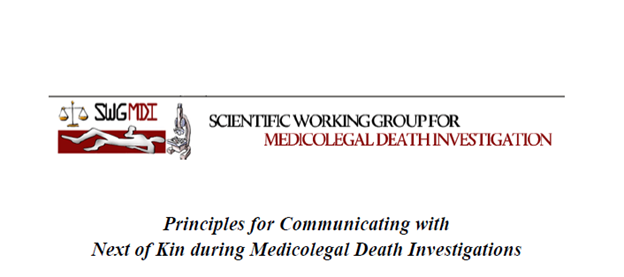For a quick search in the Knowledge database below, please use the search box. Also, note that using one or more of the dropdown filters will optimise your search.
Watch this video to find out more about our Knowledge Database and the publications we have collected here for you: video
Knowledge Database
-
Eurojust Annual Report 2020
Eurojust | Published in 2021
In its Annual Report of 2020, Eurojust focuses on their digitalising approach to the outbreak of the Covid-19 pandemic to fight against the cross-border organised crime and terrorism. Next to a welcoming perspective on the proposal to further digitalising of this judicial response, this report also touches upon enhancing the judicial cooperation policies and instruments, […]
Keywords: covid, cross-border crime, justice, organised crime -
Male Offenders of Domestic Sex Trafficking: A Multi-Case Study
Bekken, F.F., Simons, E.I., Van Rij, J. & Noteboom, F. / International Conference on Future of Social Sciences | Published in 2021
While ample studies have focused on victims of sex trafficking or on the modus operandi of traffickers, a knowledge gap exists where sex traffickers are concerned. Studies that investigated sex traffickers, mostly made no distinction between domestic and cross-border traffickers and made no distinction based on gender. However, differences between traffickers of several forms of […]
Keywords: human trafficking, sex work -
Trafficking in Minors: Confronting complex realities, structural inequalities, and agency
Brenda Oude Breuil and Borislav Gerasimov | Published in 2021
The contributions of this Special Issue of the Anti-Trafficking Review follow one common thread: the legal definition of trafficking in minors— and, by extension, the approaches to victimised minors that follow from this legal categorisation—is oftentimes a black-and-white simplification of complex realities. If the contributions in this Special Issue can teach us one thing, it […]
Keywords: children, human trafficking -
Model Guidance on Individual Needs Assessments of Hate Crime Victims
OSCE/ODIHR | Published in 2021
This model guidance was developed within the framework of EStAR (Enhancing Stakeholder Awareness and Resources for Hate Crime Victim Support) and provides information on what an Individual Needs Assessment (INA) entails and how to set up a system in which INAs are both effective in achieving their goals, and sensitive and respectful to the specific needs of hate crime victims. It serves as a tool to guide relevant state institutions, victim support services, and CSOs working in the field of hate crime victim support in designing, adapting and implementing an effective INA process. The principles outlined in this model guidance serve as a basic blueprint that can be adapted, built upon and adjusted to suit the specifics of different national contexts.
Keywords: capacity building, guidance, hate crime, victims' rights -
The coronavirus pandemic and fundamental rights: A year in review
FRA | Published in 2021
This focus looks at COVID-19’s impact on fundamental rights. It underscores that a human rights-based approach to tackling the pandemic requires balanced measures that are based on law, necessary, temporary and proportional. It also requires addressing the pandemic’s socio-economic impact, protecting the vulnerable and fighting racism.
Keywords: covid, discrimination, justice, victimisation, victims' rights -
Fundamental Rights Report 2021
FRA | Published in 2021
FRA’s Fundamental Rights Report 2021 reviews major developments in the field in 2020, identifying both achievements and areas of concern. It also presents FRA’s opinions on these developments, including a synopsis of the evidence supporting these opinions. This year’s focus chapter explores the impact of the COVID-19 pandemic on fundamental rights. The remaining chapters cover: the EU Charter of Fundamental Rights; equality and non-discrimination; racism, xenophobia and related intolerance; Roma equality and inclusion; asylum, borders and migration; information society, privacy and data protection; rights of the child; access to justice; and the implementation of the Convention on the Rights of Persons with Disabilities.
Keywords: covid, discrimination, justice, victimisation, victims' rights -
Presumption of innocence and related rights – Professional perspectives
FRA | Published in 2021
This report looks at the practical implementation of the presumption of innocence in criminal proceedings, and related rights, in 9 EU Member States (Austria, Belgium, Bulgaria, Cyprus, Germany, Italy, Lithuania, Poland and Portugal). Article 48 of the EU Charter of Fundamental Rights guarantees the presumption of innocence – but, as FRA’s research underscores, it can be undermined in many ways.
Keywords: justice -
Your rights matter: Police stops – Fundamental Rights Survey
FRA | Published in 2021
This paper presents statistical survey data for the EU on how often people are stopped by the police, in what kind of situations they are stopped, the action taken by the police during stops, and views on whether or not the police acted respectfully.
Keywords: discrimination, justice, victimisation -
The Istanbul Convention’s Evidentiary Requirements in the Light of Laws on Self-Defence and Mitigating Criminal Responsibility
Alexandra Molitorisová, Ciarán Burke | Published in 2021
The article argues that the Council of Europe Convention on Preventing and Combating Violence against Women and Domestic Violence (Istanbul Convention), a comprehensive international treaty, may necessitate deep changes in its Parties’ domestic legal regimes, including reconceptualising laws on circumstances excluding or mitigating criminal responsibility and related evidentiary issues in domestic violence cases. The article first presents the theoretical underpinnings of a gendered understanding of violence and criminal laws. It then proceeds to present different approaches to law reform that have contemplated gendered laws on circumstances that exclude criminal responsibility, mostly in the context of homicides committed by battered women. Traditional approaches to law reform demonstrate how a gendered reconsideration of a single legal concept requires reconsideration of all legal principles governing the structure of that concept and causes a cascade effect. This, in turn, requires specific evidentiary considerations, including the context in which a crime is perpetrated, namely the dynamics of abusive partner relationships, social framework evidence, and the ‘demystification’ of violence against women. The article suggests that the Istanbul Convention’s emphasis on investigation and evidence and the promotion of a “gendered understanding of violence” may potentially open the question of criminal responsibility of female offenders by elevating gendered rules of evidence to gendered criminal law provisions (in a reverse cascade effect).
Keywords: domestic violence, gender based violence, gender inequality, justice -
Principles for Communicating with Next of Kin during Medicolegal Death Investigations
When a death requiring a medicolegal death investigation occurs, families will have many questions and concerns as they assimilate and accept information about the death of their loved one. Families of individuals who died in situations requiring an investigation experience additional challenges and emotions not faced by families following “normal or anticipated” deaths. Sudden deaths exacerbate the experience of grief and loss- regardless of the manner of death. The investigation generally delays and often affects mourning rituals, and thus has the potential to create uncertainty, additional frustration and psychological stress. Medical Examiners’ and Coroners’ offices vary widely with regard to capacity, resources, and statutory mandates. The principles included here can be adapted by any office in their approach to interacting with Next of Kin (NOK) in any manner of death whether it is: natural, accidental, suicide, homicide or undetermined.
Keywords: support, trauma, victimisation
